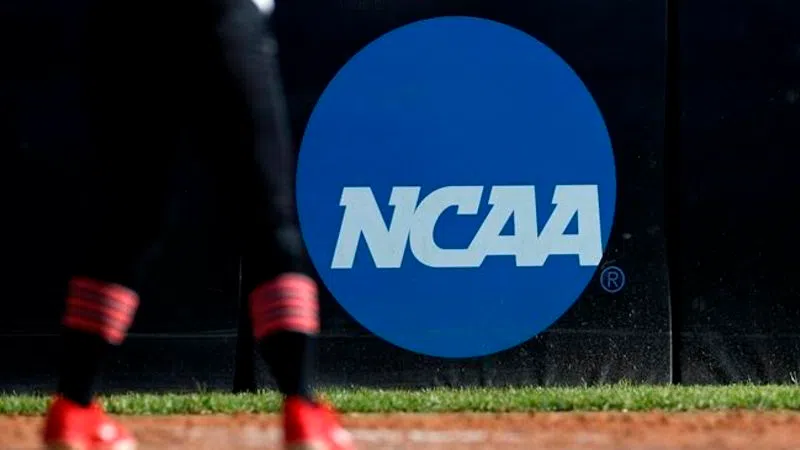
NCAA board approves athlete compensation for image, likeness
The NCAA took the first step Tuesday toward allowing amateur athletes to cash in on their fame, voting unanimously to permit them to “benefit from the use of their name, image and likeness.”
The nation’s largest governing body for college sports and its member schools now must figure out how to allow athletes to profit while still maintaining rules regarding amateurism. The NCAA Board of Governors, meeting at Emory University in Atlanta, directed each of the NCAA’s three divisions to create the necessary new rules immediately and have them in place no later than January 2021.
Board chair Michael Drake, the president of Ohio State University, said the NCAA must embrace change and modernize “to provide the best possible experience for college athletes.”
But such changes will come with limitations, he said.


